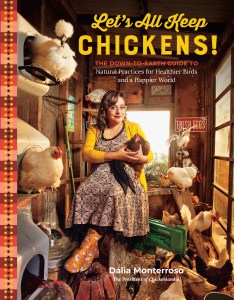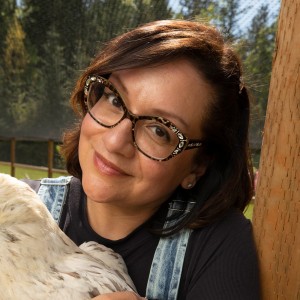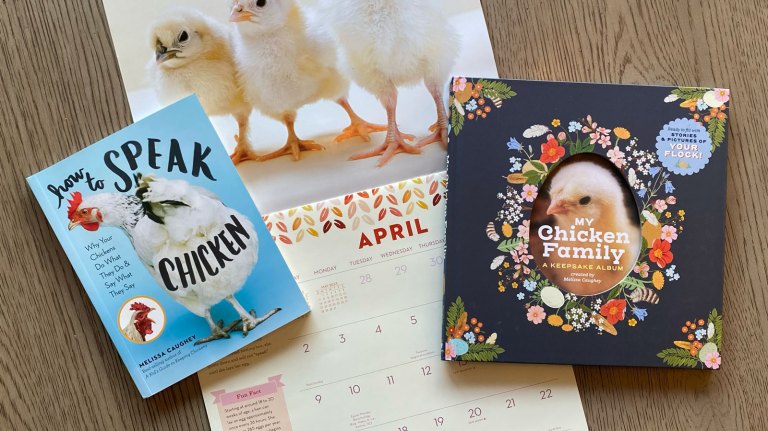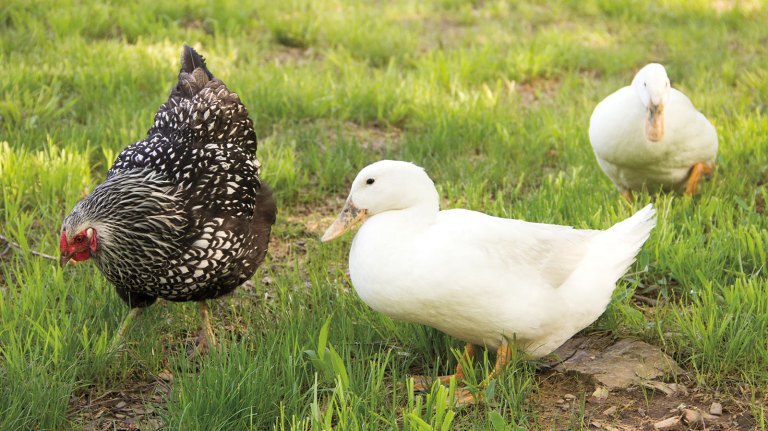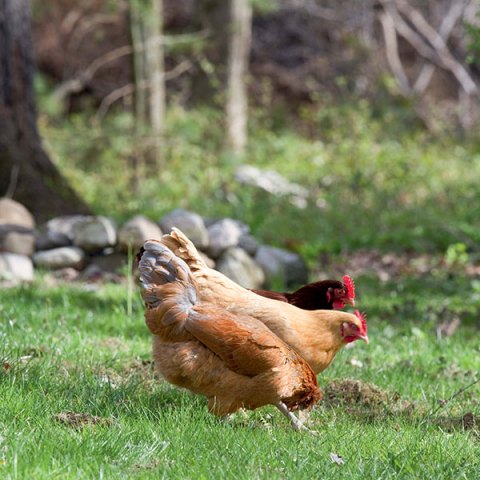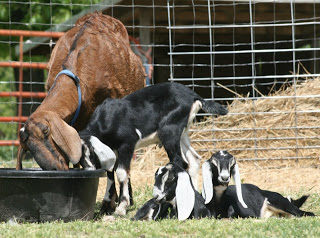Six Rules for Mindful Chicken Keeping
In addition to being a source of fresh eggs, raising backyard chickens can connect us with the land and, as a result, our common history as humans. Get started with these thoughtful guidelines from Dalia Monterroso.
The following is a list of commonsense rules that take into account the benefits of all living things. Think of these as a foundation for all the practices we will dive into in Let’s All Keep Chickens!. While it’s best to keep these considerations in mind when you get your first chicks, it’s never too late to evolve the way you keep chickens.
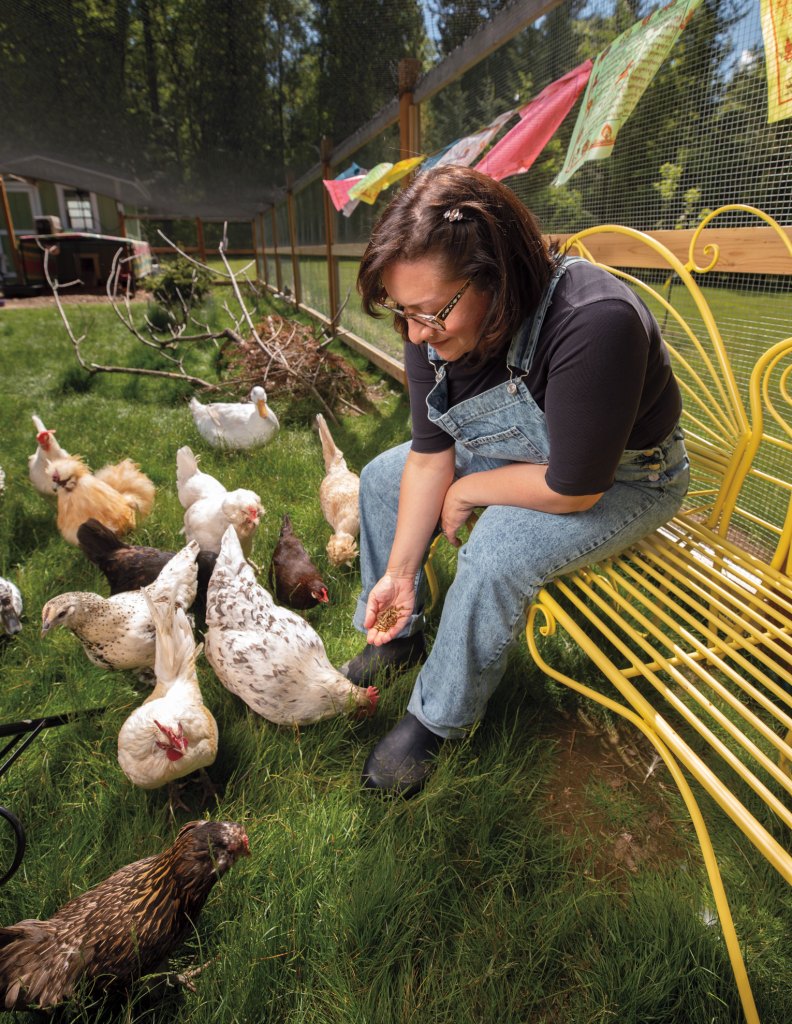
- Listen to your heart. When in doubt, follow your intuition. Remember that humans have been keeping chickens for thousands of years and this ancient knowledge exists within you.
- Chickens belong outside in nature. Let your flock have contact with the natural world from chick to old age. That’s where they have existed for millennia, and it’s where they are supposed to be today.
- Focus on balance. Health is attained in a balanced state. Keeping your flock’s emotions, environment, and nutrition balanced is the key to avoiding issues.
- Choose natural options whenever possible. Synthetic medicines and pesticides have a time and place, but they shouldn’t be your first option unless they’re your only option. Natural methods and modalities are generally less disruptive to life and the environment.
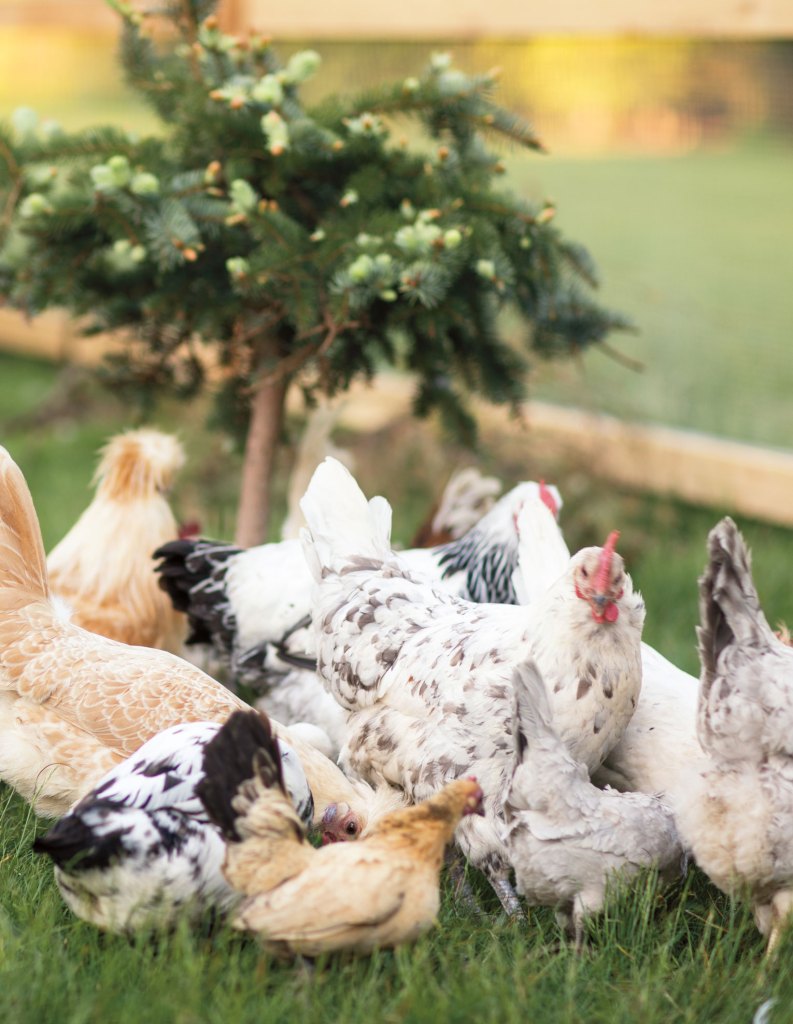
- Choose practices that are compassionate. Making compassionate choices for your flock extends to your fellow humans and all the creatures of the earth.
- Live in harmony with wildlife, big and small. The ecosystem in your chicken yard is complex and intelligent. Seek to limit disturbing it.
Excerpted and adapted from Let’s All Keep Chickens! © Dalia Monterroso.
